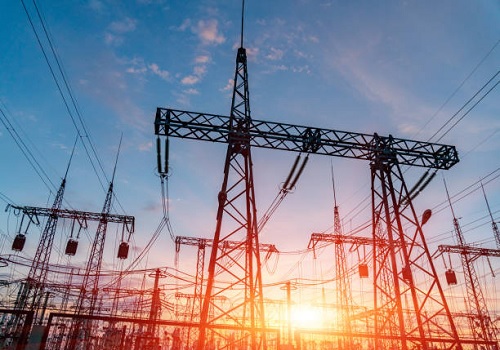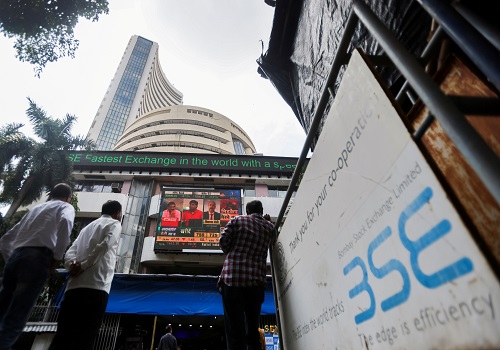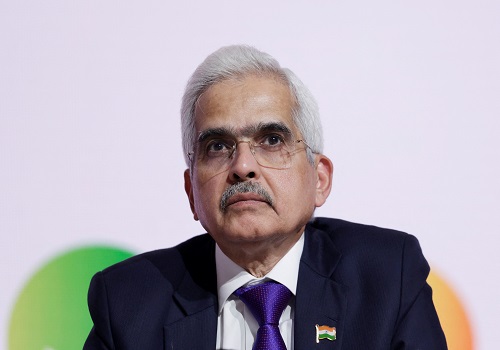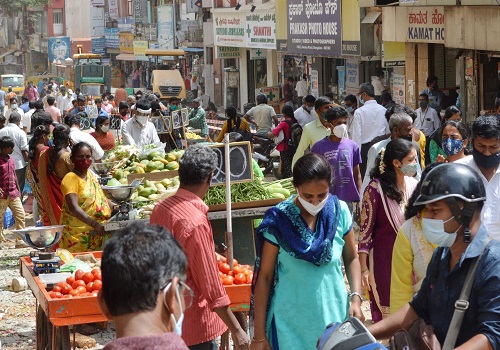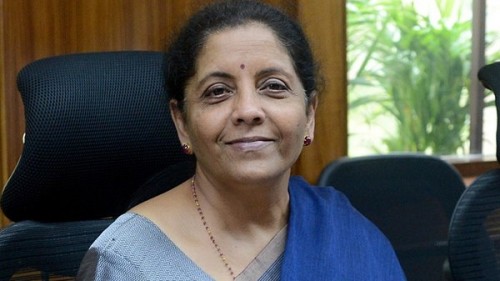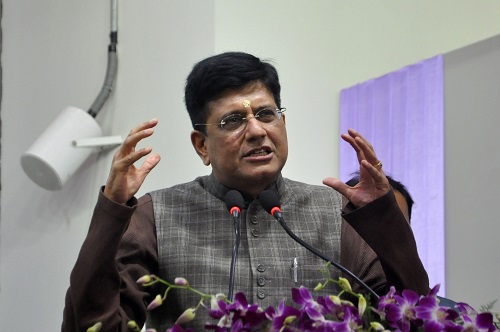Policy support still essential; inflation to ease - India MPC minutes
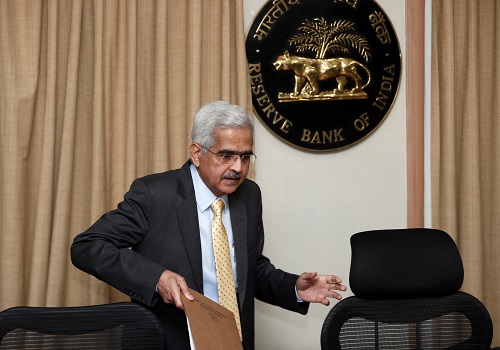
Follow us Now on Telegram ! Get daily 10 - 12 important updates on Business, Finance and Investment. Join our Telegram Channel
MUMBAI - India's retail inflation may rise in the near-term but is likely to moderate, while slack in some of the key areas of growth warrant continued policy support, members of the monetary policy committee wrote in the December meeting minutes.
"There is growing uncertainty regarding the evolving global macroeconomic outlook," wrote Shaktikanta Das, governor at the Reserve Bank of India, which published the minutes on Wednesday.
"On the domestic front, even as the prospects for economic activity are improving, there is still a slack with key drivers like private consumption remaining well below their pre-pandemic levels," he said.
The Dec. 6-8 MPC meeting where all rates were held steady was conducted soon after the latest Omicron variant of coronavirus started spreading across the globe and most members said they would prefer to wait and see how the situation unfolds before deciding on the future course of monetary policy.
India's retail inflation accelerated in November, led by a rise in food prices, but remained within the medium-term target of the RBI, strengthening views that it could keep interest rates on hold at its next meeting in February.
Elevated levels of inflation will persist until second half of 2022 as also predicted by the IMF, whether we like it or not, but not longer, wrote deputy governor, Michael Patra.
"By the projections, inflation in India will peak in the last quarter of this year and from there, it will moderate," he said.
Most members raised concerns with regards to the high core inflation in recent months but executive director and member Mridul Saggar wrote that one month's data suggesting strong growth and inflation momentum is not sufficient to change rate cycles or policy stance.
"This, however, does not mean status quo. Central bank has an armoury of tools to calibrate monetary and financial conditions. The Pascal's principle for transmission of fluid pressures very much holds and appropriate liquidity levels are key to monetary adjustment at this stage," he added.













